Posted on 11/15/2022
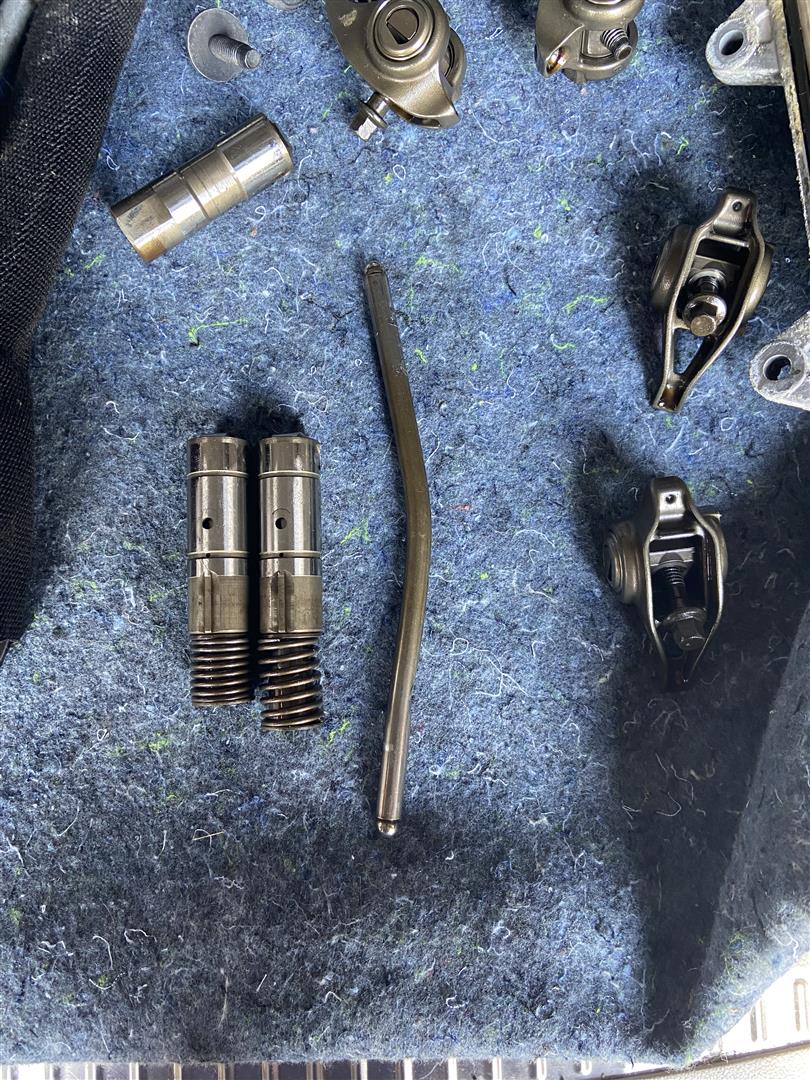
Why Does My Check Engine Light Keep Coming On. This is a question we get asked about frequently. The Check Engine Light is supposed to come on when the vehicles emission levels increase 1.5% above EPA emissions standards. The vehicles onboard computer is monitoring the sensors and the oxygen content in the exhaust. The PCM can correct for small problems such as engine wear and fuel quality to a certain extent. If a sensor sends back a reading that is higher than the emission standards the Check Engine Light comes on. When you take your vehicle to a shop to get checked out, they hook a scan tool to your vehicle. This helps to get the codes and a diagnostic starting point. One of the misconceptions that is out there is the scan tool tells you what part to replace and then your Check Engine Light will go off. While this may happen once in a great while the truth is that a lot of parts get replaced that don’t need to be and ends up costing you, the consumer a lot more money than ... read more
Posted on 11/5/2022
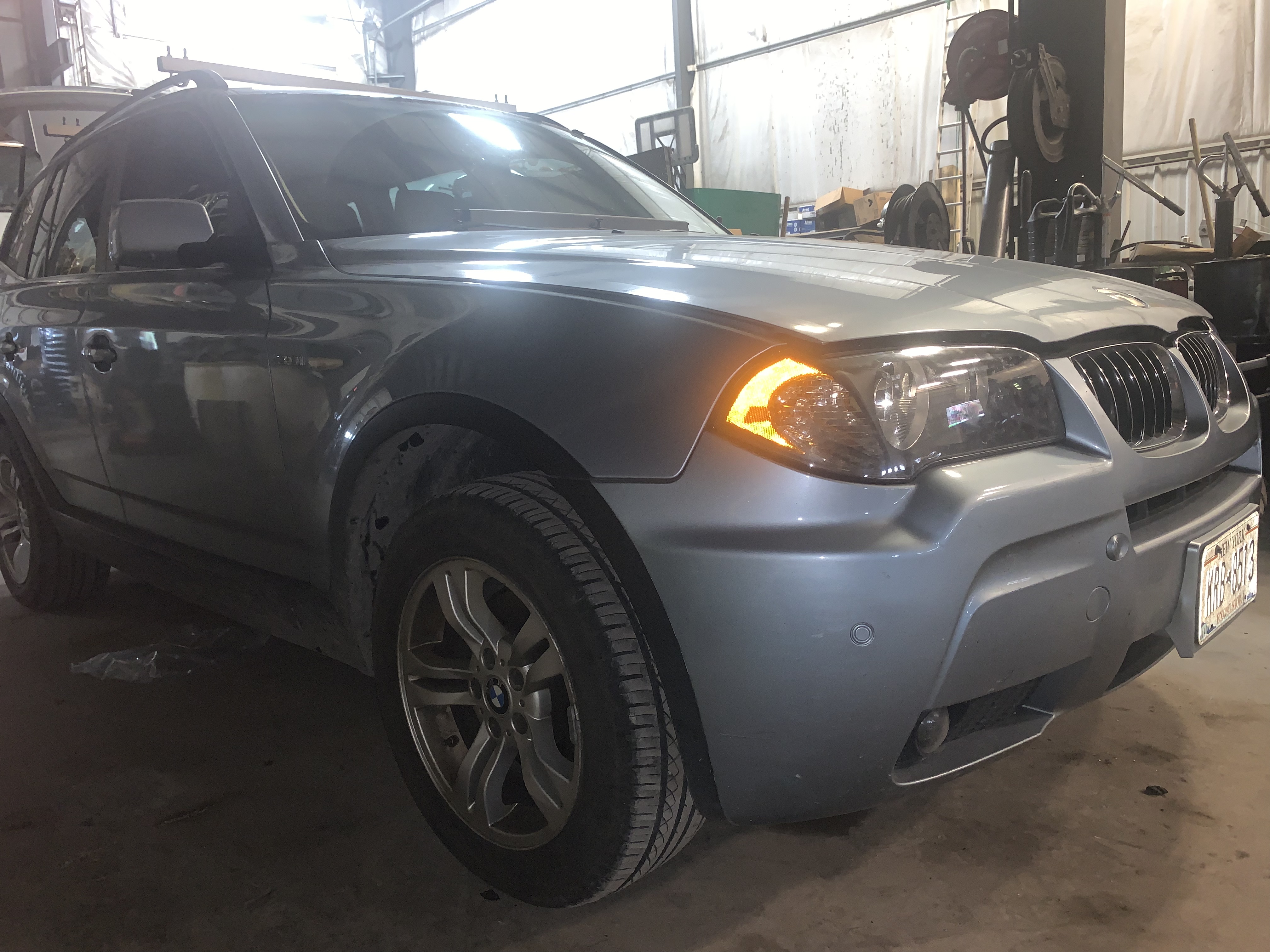
What Can I Do To Get Better Gas Mileage? Unfortunately, there is no easy answer to this question. Something as simple as your TIRES not having the proper air pressure in them can contribute to poor Fuel Mileage. Another easy thing to have your shop check is the Wheel Alignment on your vehicle. Not only does this help you save money on gas, but it also helps Tire Wear on your car and tires will last longer. If the Check Engine Light is on in your vehicle this can also contribute to poor Gas Mileage. When your Check Engine Light comes on it’s best to get it checked out. It may be simple things such as broken vacuum lines to the intake. When this happens the Mass Air Flow Sensor can’t read the correct amount of air flowing into your engine. When this happens the PCM uses other sensors to correct the amount of fuel it adds to the engine. If you feel that your car is Getting Bad Gas Mileage, give us a call and we can check your vehicle over and give you recommendations to help y ... read more
Posted on 10/29/2022
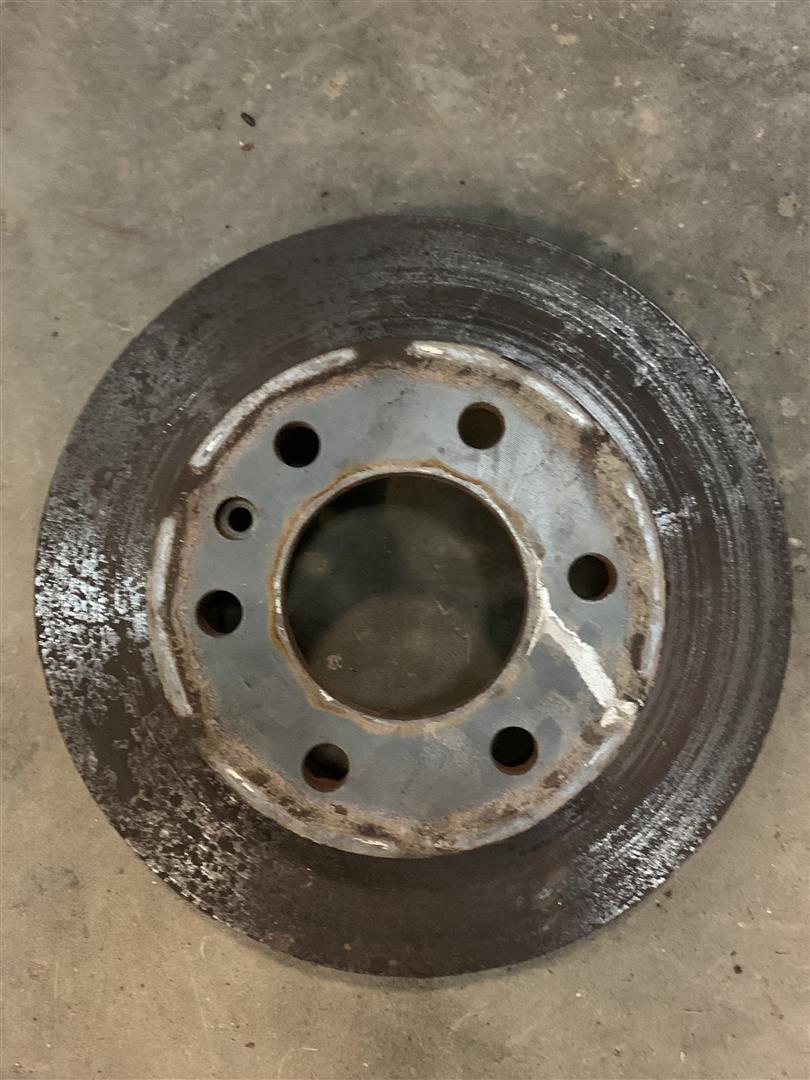
Do I Need to Replace Rotors? Do I Need To Replace Rotors With Brake Pads? These are questions we get asked when a vehicle needs a Brake Job. Our recommendation is to replace the Brake Rotors and Brake Pads as set. One reason why Brake Rotors need to be replaced is because of rust jacking. When this happens the Brake Rotor starts to delaminate and have high and low spots on the surface of the Brake Rotor. When this happens, you may feel the Steering Wheel Shake when you apply your Brakes. Another reason you want to replace Brake Pads and Brake Rotors as a set is because the rust or metal filings from the old Brake Rotor may get embedded in the Old Brake Pads. If you use them over you may end up with Squealing Brakes when you stop. If your vehicle needs brakes let us know and we will be happy to check the brakes on your vehicle and give you a quote to fix them
Posted on 10/15/2022
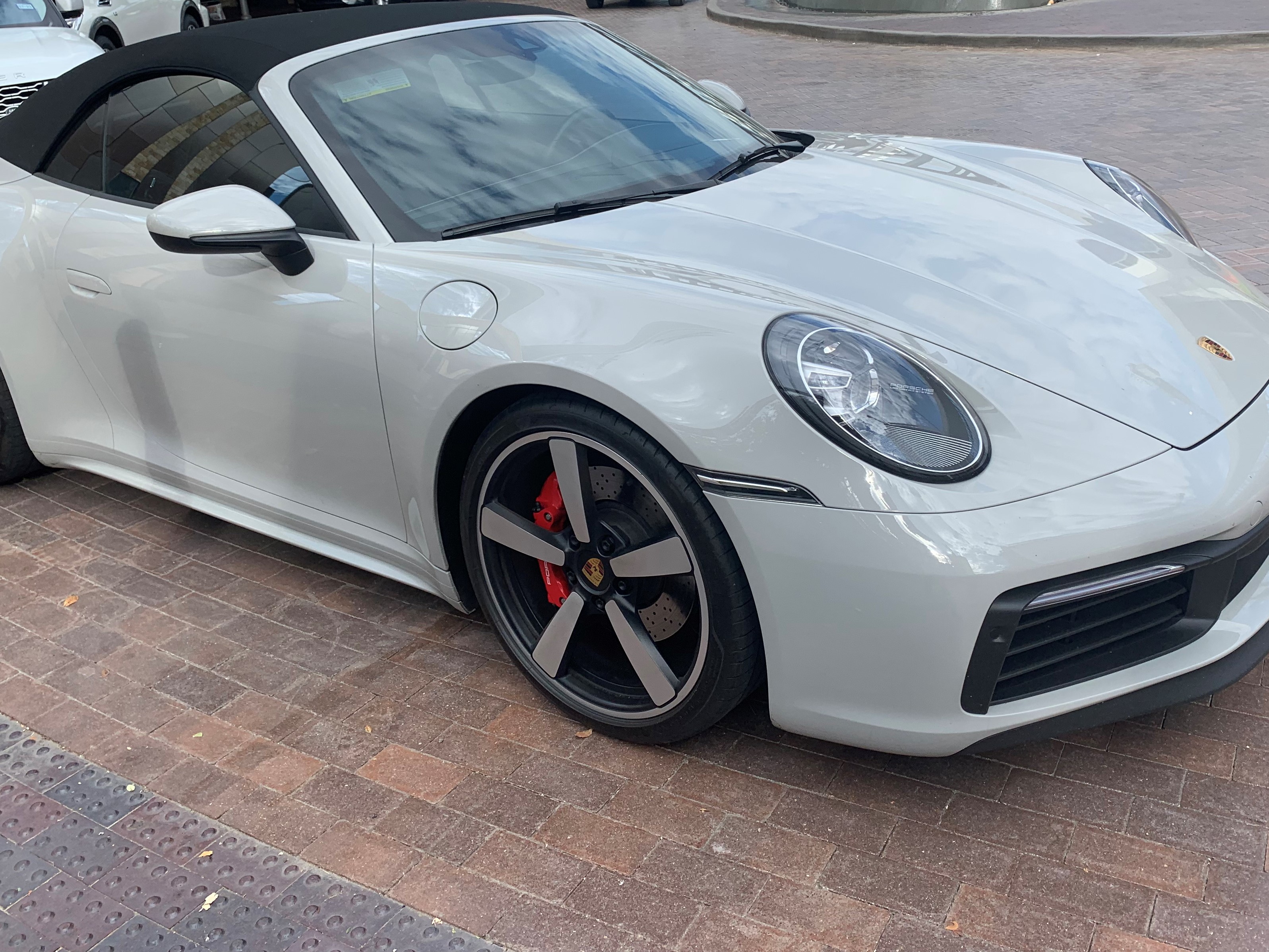
Why Are My Brakes Grinding? This is an audible indicator that your vehicle’s Brake Pads have worn out and need to be replaced. When you hear the Brakes Grinding in your car you need to get it checked out right away. There is no friction material left on your Brake Pads and they start wearing metal to metal on your Brake Rotor. When this happens, it starts to take metal off the Brake Rotor. If you wait to long to fix it will keep eating away at the rotor till its so thin that it breaks in pieces, or the Brake Caliper Pistons will pop out causing loss of Brake Fluid and cause total Brake failure. Remember its your life at stake as well as everyone else’s that is on the road with you. Brakes are a safety item on your vehicle and you want to make sure they stay in good repair so that you can stop safely in an emergency. If you hear a grinding noise when you apply your brakes give us a call and we will be happy to check your vehicles Braking System.
Posted on 10/1/2022
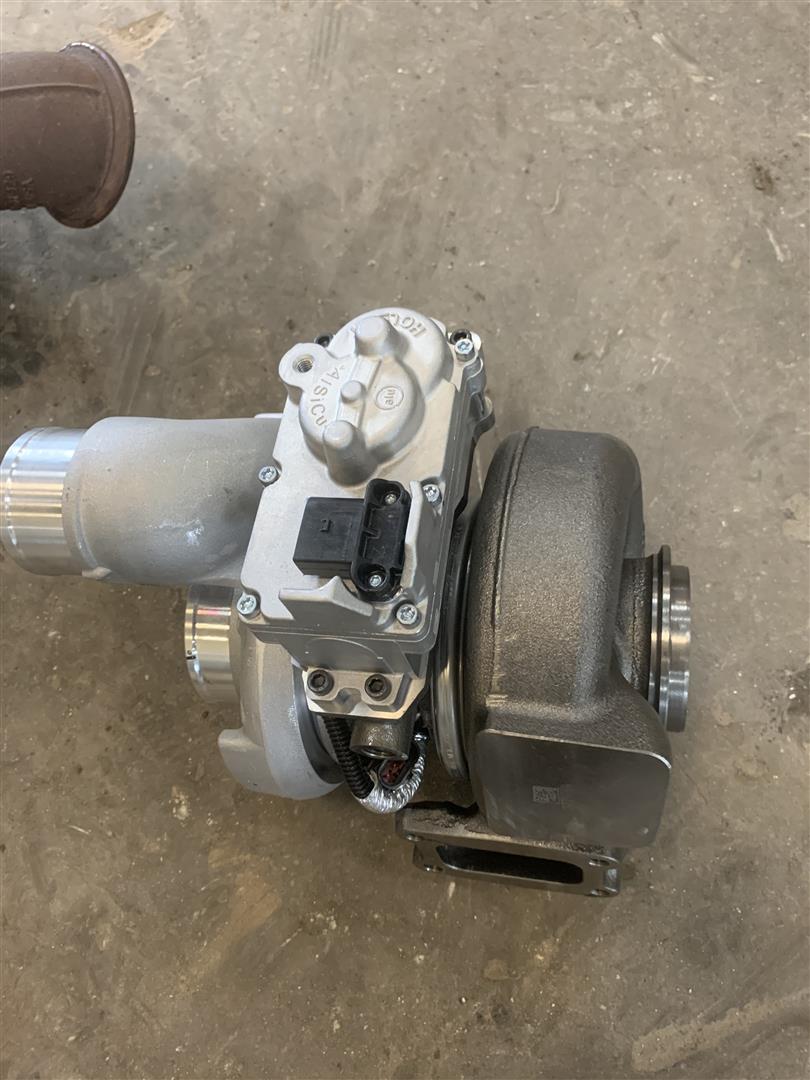
Is My Turbo Failing? There are many reasons why you may wonder if your Turbo is failing. One of the first things to check for are exhaust leaks from the manifolds and exhaust pipes the feed the turbos depending on the make and model of your Diesel Truck. All the Exhaust leaks must be fixed first before we can determine Is My Turbo Failing. The next thing to check for is Boost Leaks from the Charge Hose Connections or the Charge Air Cooler. If there are leaks, they need to be fixed next depending on the size of the leak it we may need to hook special test equipment the boost side of the turbo and pressurize the system to full boost pressure to be able to find the Boost Leaks. Once we have done the simple things such as fixing all the leaks then we need to hook the scan tool the vehicle. We do a full scan of the ECM and note all the codes see if any relate to Turbo Failing. We can then take it on a test drive and make sure the engine is fueling correctly for the amount of Turbo Boost tha ... read more